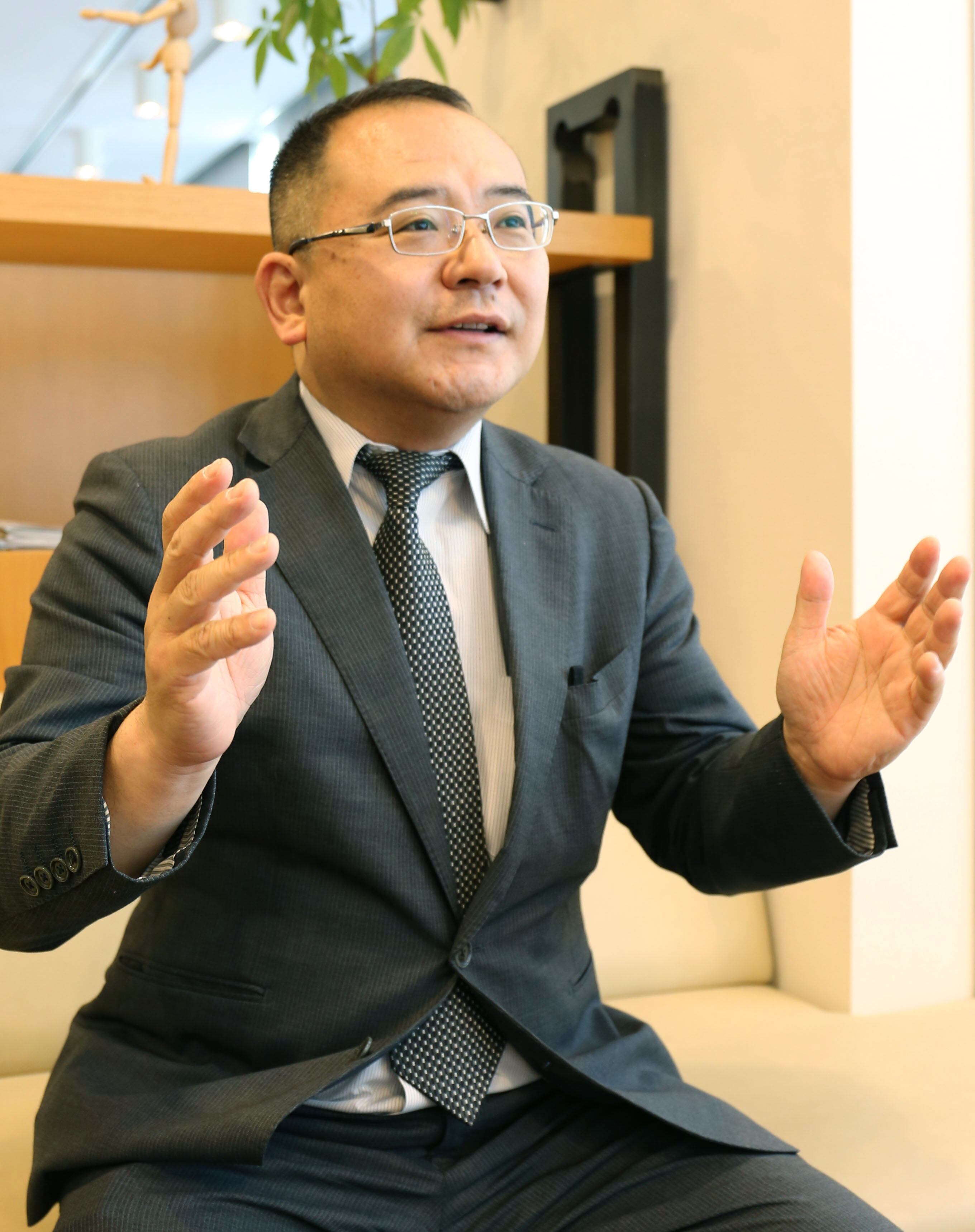But one association is on a mission to change that as he seeks to convince companies other than the country’s handful of MNCs of the vast business potential the sector offers.
Keigo Nakagawa, consultant at Halal Japan Business Association, acknowledges that he has a mountain to climb, with many local food firms slow to catch on to the market possibilities, both at home and abroad.
Speaking through an interpreter at the recent HI Japan tradeshow in Tokyo, he says: “It seems that Islam is not fully understood yet in Japan, although globalisation is currently progressing. It is urgent that we understand [more] because the Islamic market is huge with 1.9bn consumers accounting for a quarter of the world’s population.”
He says his association was established to enhance this understanding and facilitate growth. And there are signs of progress.
Three years ago there were very few companies in Japan selling halal products, now there are over 200.
“This is because some companies are starting to see the export potential,” he says. “Before we had major Japanese manufacturers making Halal products overseas for the export markets. Now we are seeing smaller companies seeking to manufacture in Japan too.”
It also appears that Islamic tourism to Japan is proving to be an ideal testing ground for food manufacturers and ingredient suppliers.
Pilot projects
Until very recently it was rare to find anything other than Indian restaurants that served Halal goods. However, it appears hotels and restaurants have been quicker to spot the opportunities than most manufacturers, with more than 20m Muslim tourist visiting Japan each year.
“Muslim visitors want to be able to eat Japanese foods, such as ramen, but they need to be halal, so some companies are starting by supplying to hotels and restaurants that already cater to these tourists.
“A few years ago there was no such thing as halal soy sauce in Japan, for example. Now there are probably 10,” he adds.
“Companies are almost using the tourism industry as a pilot programme for halal products.”
There are now 22 different Halal-accreditation bodies in Japan, and scores more regionally, ranging from religious organisations to non-profit operations.
But Nakagawa and his CEO Tomorohiro Sakuma do not see this deterrent or a source of confusion for customers. “As long as there is some form of certification, there is trust,” he added.

Despite this, he stresses his organization has no desire to accredit products, and says education and marketing are two of its key priorities.
“We are neither a Halal certification organization nor part of any religious group. As a bridge between Japan and the Islamic regions, we provide Japanese companies with information, support, education and PR.”
Popular products
It also works with manufacturers to assess the most relevant local and global Halal accreditations, depending on their products.
“For tourists from the Islamic world to the 100,000 Muslims living in Japan, we aim to popularise Japan’s local halal products.
“As for acquiring international halal certification, we make a recommendation based on the products and can also help with test marketing and participation in domestic and overseas exhibitions,” he said.
Despite seeing evidence of progress since the organisation was established in 2012, Sakuma displays clear signs of frustration that not everyone understands the business opportunities provided by Halal.
It was somewhat ironic, therefore, that we were speaking on the day it was announced that the global halal food market was valued at $1.2 trillion.
“The possibilities are huge,” he adds.
“Take Japanese beef for example. Very few suppliers or manufacturers have Halal accreditation, but we know there would be big demand for it from the Middle East. We’ve taken many calls about it,” he says.

